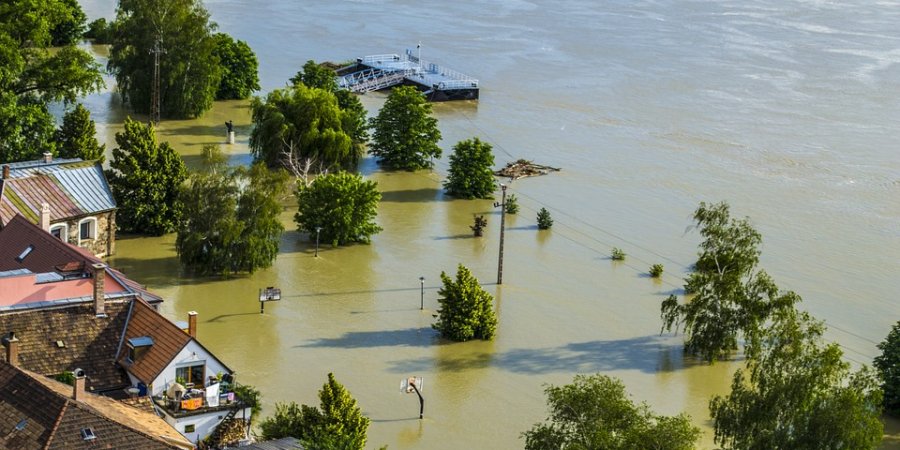
We must stop arguing about how much mankind contributes to global warming. The fact of the matter is that sea levels are rising, storm systems are becoming more dangerous, and our weather systems are being disrupted. This isn’t an issue that that can be settled by politics. We must all work together to improve life for ourselves, our children, and future generations. I believe this firmly and strongly. Every American should be ready to change the world one household at a time.
If I can show you to how to save money while you fight climate change, will that make a difference? I don’t believe in wind power. I’m not asking you to vote for wind farms. The ecology movement should never have supported the idea. Wind farms kill thousands of birds and bats every year. They didn’t ask to live in such a dangerous world.
Solar power may not be available to everyone yet. It’s only just becoming efficient enough to power small homes in well-lit areas. And yet we must do all we can to move away from traditional sources of electricity. Even hydroelectric dams are harming the environment. Everything mankind does at scale changes the ecosystem. We must learn to live in harmony with the world around us. We can do that without sacrificing the technologies that make our lives so comfortable. This article from the List Buglar is a great start. It lists 7 ways anyone can contribute to the fight against global warming. You don’t need to win the war yourself. Just be a soldier in the army of people fighting to protect humanity from a hot, dangerous environment.
Where you choose to live in the future will help, too. Instead moving closer to the beach, think about ways to live further inland, away from flood zones along rivers, bays, and coastlines. We can still enjoy water but we’ll need to do it from slightly farther away.
Even so, I hope you travel less on vacation. I do. I stay closer to home and visit the many wonderful places my own state has to offer. My patronage also contributes to my state’s economy.
Many people are sharing ideas on how to use less energy, switch to more energy efficient technology, and store more carbon. This Website suggests 6 ways we can all improve our chances. We want to reduce emissions, save electricity, and rebuild our forests. You can even do that by searching the Web. Just use the Ecosia search engine and they will plant more trees on your behalf. You must disable your ad blocker for them to earn revenue toward that goal.
Ecosia only one of many Websites offering to help fight global warming. The more companies that pitch in, the better. And cities are doing their part, too. More than 100 cities across America. If you have heard about and wondered what the urban resilience movement is, it’s about cities changing their carbon footprints. Resilience is not a “progressive” or “democratic” idea. It’s for everyone, conservatives and liberals alike. Resilience creates jobs, renews communities, and contributes to the fight against climate change.
We should never stop seeking ways to reduce our personal carbon footprint. Your carbon footprint is measured in how much energy you use to live your life. That includes the energy required to make everything you buy. It includes the energy you use to light, heat, and cool your home. It includes the energy you use to travel, and so on. We can reduce our carbon footprints in many different ways. You don’t need to make great sacrifices in life.
Another way you can help is by considering how you get your drinking water. Have you thought about buying an atmospheric water generator? They draw water right from the air and purify it. You can even make your own for just a few hundred dollars. Some AWGs can run on a few solar panels and they are great for living in isolated areas (like the desert) or for restoring fresh water to disaster zones. If you must live near a coastline that is threated by hurricanes, you should have an AWG, solar power, and other emergency resources to help you the next time your community is struck.
Even children can pitch in and help. NASA has published a special page for kids. Your entire family can do its part to save the world. No one should be left behind, and I pray no one will be.
You must be logged in to post a comment.